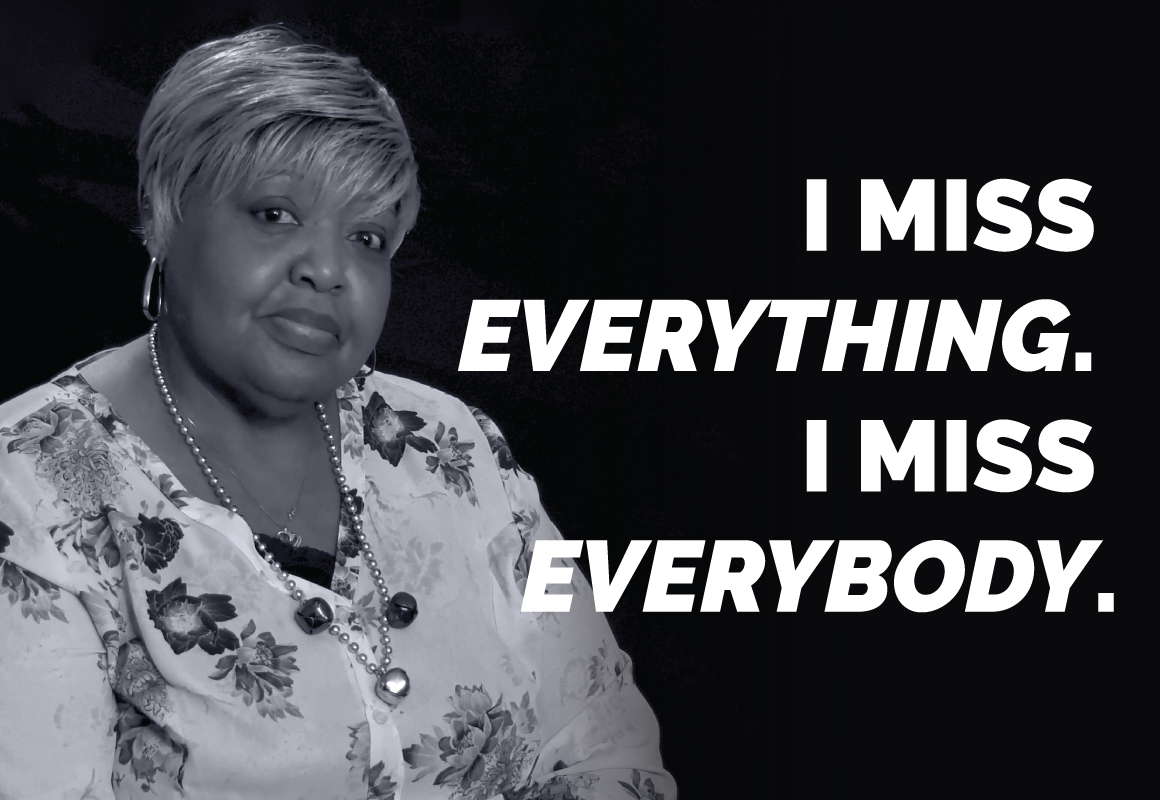When she retired from her job as a hospital technician in 2011, Johnnie Lilly soon found that she felt lonely. She told herself: I’m going to get out and do something.
That’s how the 79-year-old Texas resident came to work with preschool kids as part of a reading program run by The Senior Source, an older-adult advocacy agency serving greater Dallas.
Then came the COVID-19 pandemic. With many schools and organizations suspending in-person operations as part of a national shutdown, the activity she’d loved was gone.
“It was so enjoyable and enlightening,” Lilly said. “The kids just gave me so much pleasure. I miss them so much. I miss all my babies.”
Even before the pandemic, advocates and health experts had warned of loneliness and social isolation among the nation’s older adult population. Now, nearly two years in, they say government mandates and precautionary measures meant to control the virus by limiting social interaction have taken an emotional, mental and physical toll.
Geriatric workers say rates of depression and anxiety have risen among their clients in that time, and in more severe cases, those conditions have led to cognitive and physical deterioration, or worse.
“People experienced cognitive decline from having no stimulation, and that has persisted,” said Stacey Malcolmson, Senior Source president and CEO. “For those with underlying mental health conditions like dementia or Alzheimer’s, we’ve been finding that that cognitive decline is irreversible.”
Read the rest of the article on USA Today or by downloading the PDF below.

